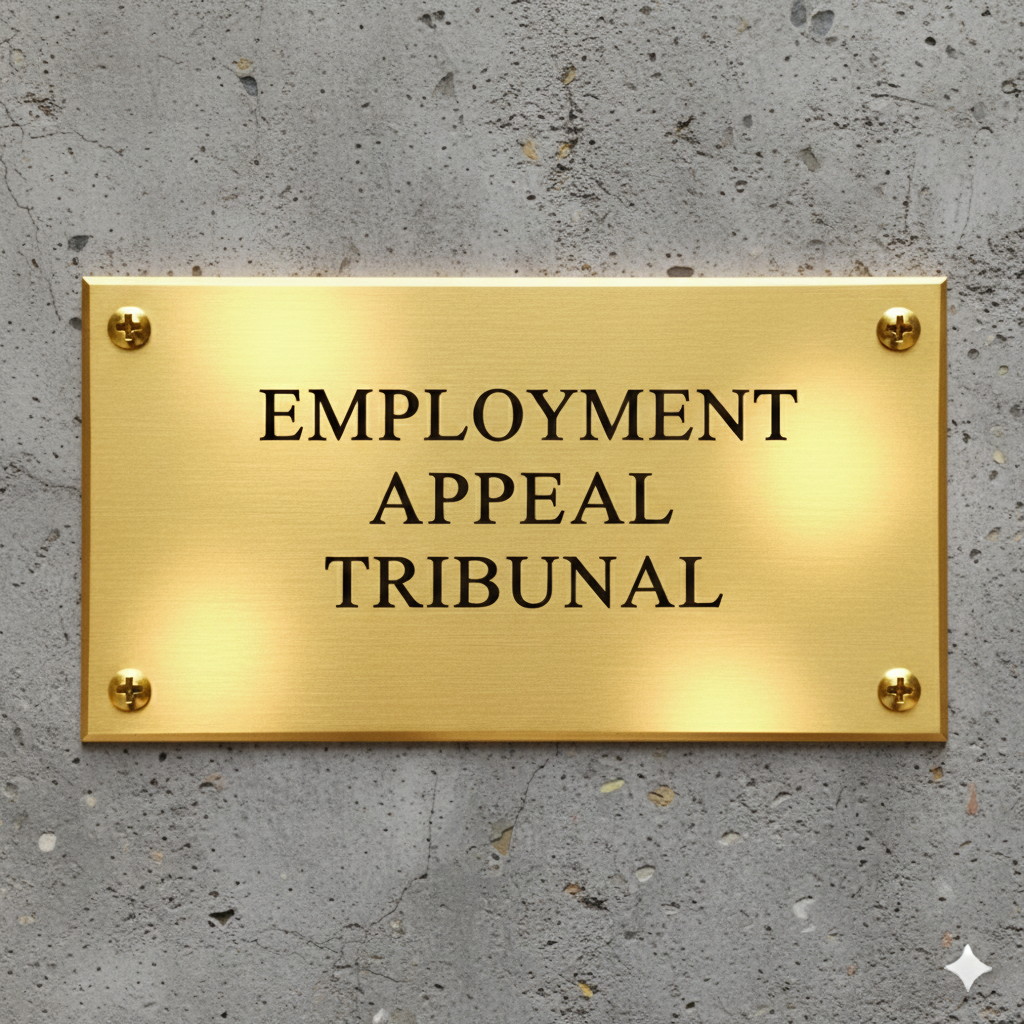Highways England Tribunal: KPMG's Liability for Whistleblowing and Discrimination Claims Reconsidered
The EAT overturned a decision to strike out claims against KPMG relating to whistleblowing and discrimination, highlighting potential agency and 'knowing help' liabilities.
• public
Employment Appeal Tribunal Revisits KPMG's Role in Highways England Dispute
The Employment Appeal Tribunal (EAT) has partially allowed an appeal in the case of W v Highways England & Ors [2025] EAT 18, concerning whistleblowing, sex discrimination, and victimisation allegations. The case examines the extent to which KPMG, a management consultancy contracted by Highways England, could be held liable for detriments suffered by an employee of Highways England, even without a direct employment relationship.
Background of the Case
The appellant, W, an employee of Highways England, raised concerns regarding her interactions with KPMG staff after Highways England engaged KPMG for management consultancy services in early 2019. W subsequently filed claims against KPMG, alleging she suffered detriments for making protected disclosures (under section 47B of the Employment Rights Act 1996), direct sex discrimination (section 13 of the Equality Act 2010), and victimisation (section 26 EqA). KPMG argued that it was never W's employer and sought to have the claims struck out.
Tribunal's Initial Decision
An Employment Tribunal initially sided with KPMG, striking out the complaints under sections 47B ERA and 13, 26, and 112 EqA. The tribunal found no implied contract between W and KPMG, concluding that KPMG could not be held liable without a direct contractual link.
EAT's Ruling: A Partial Reversal
The EAT, presided over by The Hon. Lord Fairley, upheld the tribunal's finding that no implied contract existed between W and KPMG. However, it overturned the decision to strike out the complaints under section 47B ERA and sections 13, 26 and 112 EqA, asserting that KPMG could potentially be liable under these sections even without a direct contractual relationship.
The EAT emphasised that KPMG could face liability if it acted as an agent of Highways England or if it fell within the extended definition of “employer” under section 43K ERA for the whistleblowing complaint. Furthermore, liability could arise under section 112 EqA if KPMG “knowingly helped” Highways England commit a contravention against W. The EAT stressed that these issues are “fact sensitive” and unsuitable for determination via a strike-out application.
The EAT did, however, uphold the strike-out of the complaint under section 111 EqA, citing section 111(7) EqA.
Outcome and Remittal
The EAT set aside the Employment Tribunal's judgment, substituting a determination that there was no implied contract between W and KPMG. The complaint under section 111 EqA was struck out, and the remaining claims were remitted back to the Employment Tribunal for further consideration.
This case serves as a reminder that consultancy firms may face liability for discrimination or whistleblowing detriment even where there is no direct employment contract.
Read the entire judgement here: W v Highways England & Ors [2025] EAT 18
